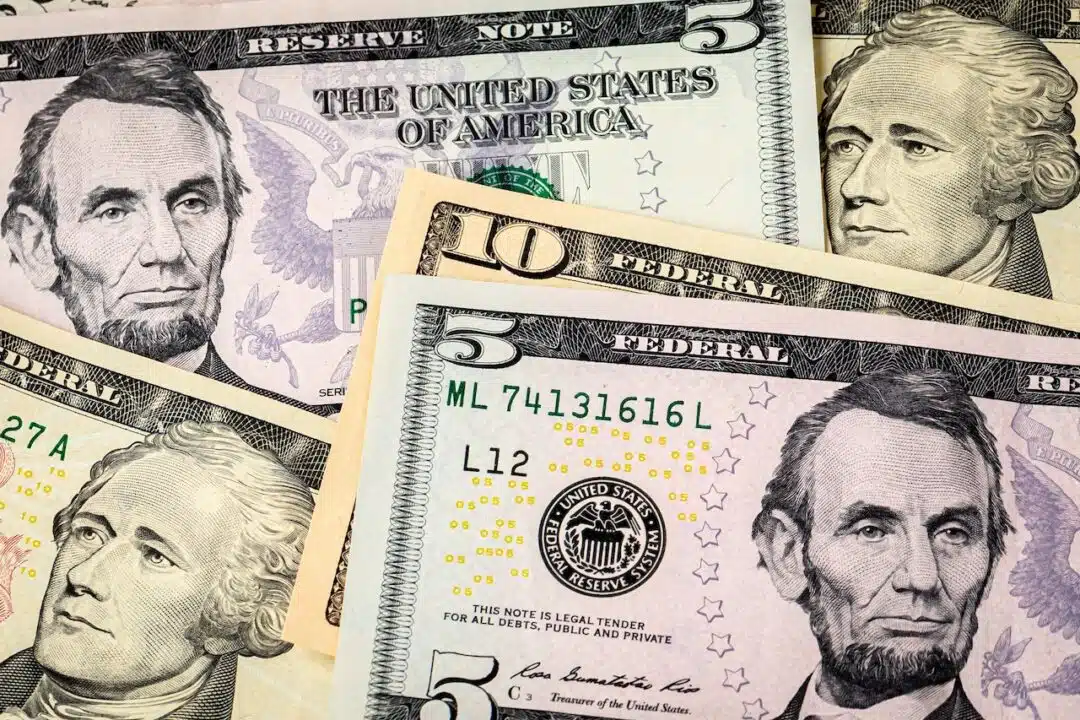
As federal relief fades, two states—Alaska and California—are stepping in with their own stimulus payments in 2025. Eligible residents could still receive direct checks before the end of the year, depending on their location and income.
These programs aim to ease financial stress caused by inflation, high living costs, and lingering economic fallout from the pandemic.
Alaska’s Permanent Fund Dividend: $1,702 in October
Alaska will send out $1,702 per person in 2025 through its Permanent Fund Dividend (PFD) program. Funded by oil revenues, the PFD distributes a portion of the state’s natural resource wealth to residents.
Key details:
- Amount: $1,702
- Payment method: Direct deposit and mailed checks
- Distribution begins: October 2025
- Eligibility: Must have lived in Alaska all of 2024 and meet legal and criminal history requirements
- Application window: Closed March 31, 2025
This long-running program is not a one-time emergency stimulus, but it provides meaningful cash relief that arrives annually for most residents.
Sacramento’s Family First program: $725 per month
In California, a local initiative called Family First is issuing $725 monthly checks to 200 low-income families in Sacramento through November 2025.
Program highlights:
- Monthly amount: $725
- Duration: 12 months (Dec. 2024 to Nov. 2025)
- Participants: 200 selected families
- Eligibility: Must live in Sacramento, have children, and meet income criteria
- Use of funds: Unrestricted (no spending documentation required)
Family First is a guaranteed income pilot, designed to study how unrestricted monthly payments affect household stability, well-being, and economic mobility. While it’s not a statewide program, it reflects a growing interest in targeted direct cash assistance at the local level.
More state stimulus efforts likely
Although federal stimulus programs have ended, states like Alaska and California are filling the gap with targeted aid for residents in need. These efforts suggest that direct payments remain a viable policy tool, especially as inflation and housing costs continue to pressure low-income households.
Residents in other states should watch for local initiatives, especially in cities experimenting with universal basic income or pilot cash transfer programs.

